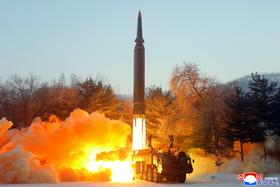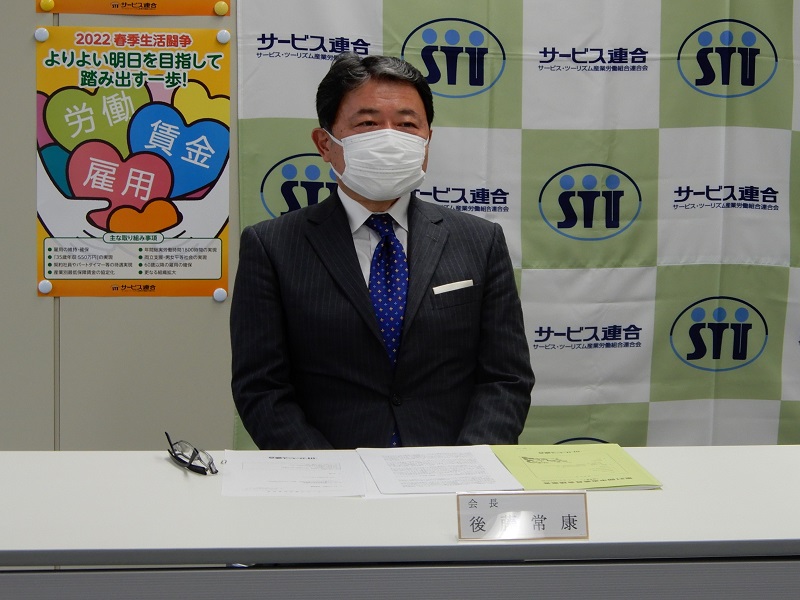 )
)

© Julia Lazarova
Some tattoo inks and permanent makeup are banned for use in the EU after a hazardous chemicals restriction took effect on January 4th, the European Commission said on Tuesday.
These are carcinogenic, mutagenic and reprotoxic (CMR) substances, chemicals banned in cosmetics, skin sensitizers, skin and eye irritants, metallic impurities, aromatic amines and some pigments. About 4,000 unregulated chemicals are covered by the new regulation, and their use will be banned, whether produced in Europe or imported. Among them are several ingredients such as isopropyl alcohol, which according to ink suppliers is found in most pigments on the market.
The decision to ban has been taken 12 months ago, but the business has been given a reprieve to replace the obsolete ones. For two more pigments – Pigment Blue 15 and Pigment Green 7, an additional year is given, as they have no substitutes, the European Commission said. Her spokesman said on Tuesday that banned substances have already been successfully replaced in tattoo parlors, and in seven countries (including Bulgaria) the restriction is in force under local law. 
The measure is based on research conducted by the European Chemicals Agency, which proves that some pigments and inks cause allergies and skin problems, according to the European Commission. But sporadic research on the long-term effects of tattoo inks is controversial. Some of them claim that the risks of skin cancer due to tattoos are accidental. The Politico, published in Brussels, writes that the University of Lund, Sweden, is currently working on the first study on the link between tattoos and cancer, which will be ready in 2022
According to the EU’s statistical agency, 12 out of 100 European citizens, including teenagers, are already tattooed
Note: This article has been indexed to our site. We do not claim legitimacy, ownership or copyright of any of the content above. To see the article at original source Click Here
(adsbygoogle=window.adsbygoogle || ).push();













